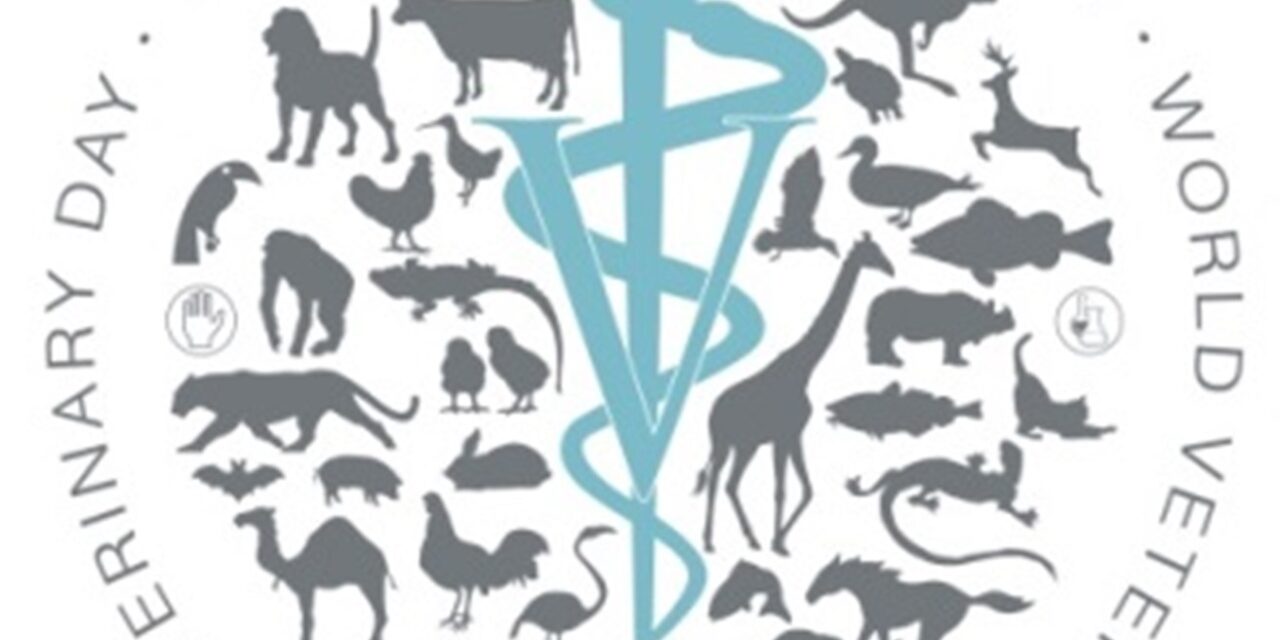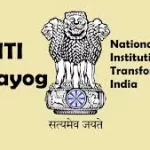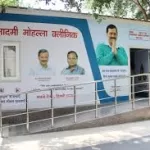The 2024 World Veterinary Day is celebrated on 27th of April and has the theme ‘Veterinarians are essential health workers
Veterinarians competencies must be regarded as an essential and integral part of health at large. The application of veterinary science contributes not only to animal health and well-being but also to humans physical, mental and social well-being.
This dimension of the veterinarians’ work often remains invisible to the society but protecting and improving the health of people and their communities is an essential part of the vet profession.
All graduated veterinarians have unergone comprehensive medical training, and regardless of their professional area of practice, are responsible, for promoting public health and food safety and security.
Veterinarians play a crucial role in safeguarding public health through their multifaceted contributions across various domains, from disease control to biomedical research. With their expertise spanning zoonotic diseases, food safety, laboratory animal medicine, and legislative advocacy, veterinarians serve as frontline defenders of both animal and human well-being.
Protecting Against Zoonotic Diseases
Private veterinary practitioners are frontline guardians of public health, offering routine services that mitigate the risks of zoonotic diseases. By conducting health examinations, administering vaccinations, and advising on animal contact risks, veterinarians play a pivotal role in preventing the transmission of diseases from animals to humans. Additionally, their collaborative efforts with public health agencies facilitate timely reporting of disease trends and enable coordinated responses to emerging threats.
Ensuring Food Safety
Veterinarians involved in food animal practice and government service contribute significantly to maintaining the safety of the food supply. From pre-slaughter inspections to post-mortem assessments, veterinarians oversee critical stages of food production to mitigate risks of contamination and ensure compliance with safety standards. Their expertise in herd health management, disease surveillance, and antimicrobial stewardship enhances the resilience of food production systems while safeguarding consumer health.
Advancing Biomedical Research
The intersection of human and animal health underscores the importance of veterinary involvement in biomedical research. Veterinarians leverage their insights into naturally occurring diseases shared by humans and animals to drive innovation in therapeutic interventions. Through collaborative efforts with research institutions and interdisciplinary partnerships, veterinarians contribute to the development of novel treatments and preventive strategies with far-reaching implications for both species.
Educating and Advocating for Health
Veterinarians play a vital role in health education and extension, disseminating knowledge and promoting awareness of disease threats among communities. By training new practitioners and engaging in public outreach initiatives, veterinarians empower individuals to make informed decisions about animal care and disease prevention. Moreover, their advocacy efforts in legislative arenas ensure the enactment of policies that protect public health and support the welfare of animals.
Safeguarding Biologics and Pharmaceuticals
In regulatory and governmental roles, veterinarians oversee the safety and efficacy of animal drugs, vaccines, and medical devices. Through agencies like the FDA and USDA, veterinarians monitor product development, assess compliance with regulatory standards, and mitigate risks associated with biological agents. Their diligence in quality control and surveillance efforts helps maintain the integrity of pharmaceutical products and safeguard public health.
Championing Legislative Initiatives
Veterinarians serve as advocates for public health in legislative arenas, shaping policies that address emerging health challenges and promote disease prevention. Whether in governmental roles or as liaisons for professional associations, veterinarians leverage their expertise to inform legislative decisions and drive positive outcomes for public health and national defense.
A Unified Approach to Health
The comprehensive scope of veterinary contributions underscores the interconnectedness of animal and human health. By embracing a One Health approach that recognizes the interdependencies between environmental, animal, and human health, veterinarians play a pivotal role in building resilient health systems that protect communities and ecosystems alike.
As guardians of public health, veterinarians stand at the forefront of disease prevention, innovation, and advocacy, embodying a commitment to the well-being of both animals and humans.











